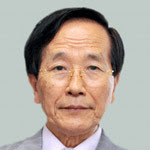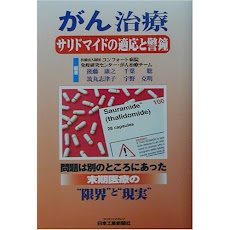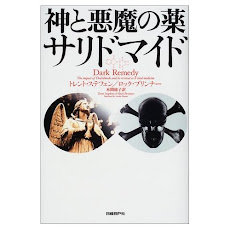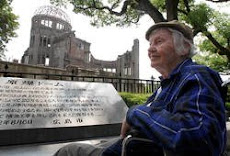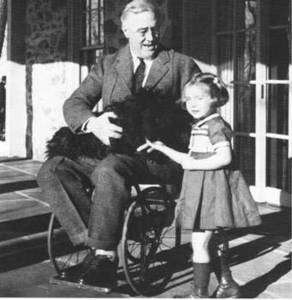「NFジャーナル」最新情報:
安価な漢方「センシンレンの葉エキス」にPAK遮断作用
NF (NF1 及び NF2) の病因が「PAK」と呼ばれる発癌性キナーゼ(蛋白燐酸化
酵素) の異常活性化であること、更に比較的安価なPAK遮断剤として、
ミツバチが古来 (一億年ほど昔) から代々調剤してきた「プロポリス」エキス、
特にニュージーランド産の「Bio 30」、ブラジル産のグリーンプロポリスエキス
「Pー300」(GPE)がNF治療に有効であることを我々が紹介してから、
既に数年が経っている。その後、天然のPAK遮断剤探索/開発に関する研究は
いかに進んでいるだろうか?
この種の研究には、「平行思考」が欠かせない。どう言うことかというと、「PAK」を
必須とする他のいくつかの病気(例えば、潰瘍、マラリア、流感、認知症 、糖尿病
など) を発掘した上、それぞれの病気の治療に有効といわれている天然の
既知物質の中から、逆にNF治療に有効な新しいPAK遮断剤を捜し出すと
いう思考過程である。最近、PAK依存性疾患に関する史上初の英文単行本を
ようやく編集し終わって、年末あるいは年始ごろに英国のオックスフォードにある
大手の医学出版社(Elsevier)から出版の運びに至った。その編集過程で、
面白い漢方のハーブエキスを一つ発見した。「センシンレン」という東南アジア
産の植物の葉から得られる非常に苦いエキスである。「良薬は苦し」の諺に
もれず、英語では King of Bitters「苦味の王様」と呼ばれている。もっとも市販
されている安価なエキスは、幸い、カプセルに封入されいるから「苦味は全く
ない」!
しかしながら、この発見の過程には、いくつかの回り道をする必要があった。
先ず、ごく最近の論文で、オーストリアのウイーン医科大学のグループが、
アスピリンの誘導体であるメサラミン(5ーASA)がPAK遮断剤であることを発見
したという記事を読んだ。この薬は胃腸の潰瘍を治療するために、35年ほど昔に
開発された。面白いことには、潰瘍の進行にはPAKが必須であることが既に知ら
れている。
そこで、潰瘍に有効な治療薬をいくつか探索しているうちに、漢方「センシンレン」
の葉エキスが、メサラミンよりも有効であるという論文をみつけた。この論文は
丁度2年前、中国の上海にある製薬会社(HMPL)と米国のカルフォルニア大学
(UCSD および UCLA) の共同研究 (臨床試験) として、発表されていた。
その (90%アルコール) エキスは、商標「HMPL-004」と呼ばれている。毎日の
有効経口量は、体重kg当たり20ー30 mg だった。つまり、体重60kgの大人
なら、1200-1800 mg である。
さて、インターネット上の数社から「センシンレンのエキス」が安価に得られる。
例えば、「Now Foods」(nowfoods.com) では、400 mg のカプセル90粒が約10 ドル
(約800円) で通販されている。
http://www.amazon.com/dp/B0041XEU6M?tag=buy-tools-home-products-20
従って、平均的な成人なら毎日3ー4粒、つまり一日の薬価が40円以下と
いう計算になる。(もし、効き目が同じなら)プロポリスよりもずっと安上がり
である!!! (この経口量では)副作用もほとんどないようである。。。
けだし、このエキスの主要な苦味成分は、「アンドログラフォリド」と呼ばれる
ジテルペン系ラクトンであるといわれ、これがどうやらPAKを遮断するようで
ある。 なお、この物質は血管脳関門を通過するので、脳内に発生した腫瘍の
治療にも有効であるはずである。
詳しい内容は、下記の英文記事 (「King of Bitters」Leave Extract) を参照
されたし。
2012年11月20日火曜日
"King of Bitters" (Andrographis paniculate) Leave Extract:
An "Inexpensive" PAK Blocker
Recently a group led by Chris Gasche at
Vienna Medical University in Austria found that Mesalamine (5-ASA), an Aspirin
derivative, blocks the oncogenic kinase PAK (1). This drug was developed around
1977 for the therapy of bowel ulcers. Since both bowel ulcers and cancers are
known to require PAK, I started looking for a series of anti-ulcer drugs, in
particular natural and inexpensive products, which are used not only for ulcer,
and but also for other PAK-dependent diseases such as cancers (in particular solid
tumors), inflammatory diseases such as asthma and arthritis, a variety of
infectious diseases such as malaria, AIDs and flu, as well as AD (Alzheimer’s
disease) and type 2 diabetes.
To my great surprise, the herb extract
called HMPL-004, which is the 90% alcohol-extract of leaves of a Southasian
plant called “King of Bitters” (Andrographis
paniculata) is more potent than Mesalamine to suppress the bowel ulcer,
according to the 2011 clinical trial report from a group led by Bill Sandborn
at UCSD in collaboration with a Chinese company (HMPL) in Shanghai (2). 1200 mg
of HMPL-004 daily is as effective as 4500 mg of Mesalamine when they are orally
administered. Thus, it is most likely that HMPL-004 blocks PAK as Mesalamine. Indeed
Andrographolide, a diterpene lactone of MW 350, the major
anti-ulcer/anti-cancer ingredient in this extract has been shown to block the
oncogenic PI-3 kinase, leading the inactivation of both PAK and AKT (3).
Is this bitter extract available on the
market? Yes, several on-line companies
are selling this extract in capsules very inexpensively. 400 mg capsule costs
only 10 cents. Ulcer patients need 3-4 capsules daily (costing only 30-40
cents)! I have previously introduced an
inexpensive NZ propolis extract called “Bio 30” for the life-long therapy of NF
(neurofibromatosis) which requires PAK. Currently 25 ml bottle of Bio 30 costs around
US$7, and since average adults (weighing around 60 kg) need 6-12 ml daily, their
daily cost would be US$ 2-4. Thus, compared with Bio 30, this herb extract (called
“Chua Xin Lian” in China) is far cheaper. So far at this dose the herb extract
causes no side effect. Thus, it would be worth testing the therapeutic effect
of HMPL-004 on NF and several other brain diseases such as AD, because it
passes the BBB (blood brain barrier).
References:
- Khare V, Lyakhovich A, Dammann K, Lang M, Borgmann M, Tichy B, Pospisilova S, Luciani G, Campregher C, Evstatiev R, Pflueger M, Hundsberger H, Gasche C. Mesalamine modulates intercellular adhesion through inhibition of p-21 activated kinase-1. Biochem Pharmacol. 2012, in press.
2.
Tang T, Targan SR, Li ZS, Xu C, Byers VS, Sandborn WJ. Randomised
clinical trial: herbal extract HMPL-004 in
active ulcerative colitis - a double-blind comparison with sustained release
mesalazine. Aliment Pharmacol Ther.
2011, 33:194-202.
3.
Lee YC, Lin HH, Hsu CH, Wang CJ, Chiang TA, Chen JH. Inhibitory
effects of andrographolide on
migration and invasion in human non-small cell lung cancer A549 cells via
down-regulation of PI3K/Akt signaling pathway. Eur J Pharmacol. 2010, 632: 23-32.
登録:
コメント (Atom)


































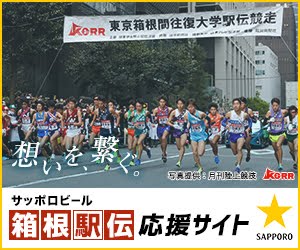













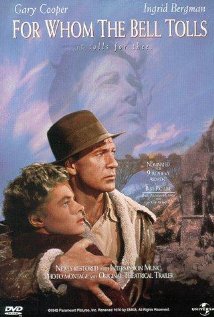

























![リオ五輪男子体操団体:日本(金)、ロシア[銀]、中国[銅]。](https://blogger.googleusercontent.com/img/b/R29vZ2xl/AVvXsEjHS61FORcH43CteZVfJzLmbqvNwOIliOSMpTpRtEi7x8j1ZwPk5rDaZovTrwuZxfDDtdEDSj673it735LF0mweIunaj7ja07lURBDYTV6wPMaAlumFt3aWWzYbHZgIaxcOLk_OKEMyQ3lX/s1600/2016+taiso+gold.jpg)
![皇太子(明仁)による沖縄訪問 [1975年]](https://blogger.googleusercontent.com/img/b/R29vZ2xl/AVvXsEjvSQrzV7yw_4gVQSwxZP_jh4VnEJscSqOqbiBh0VdAK3CRddXRqkd70JdLyws9fGejk-FGVmXWbHvSxlF3f8UogTyf9KXbqU1NGXesvcx2Hlsd6uq81AHweeioc61wynq3d2IYuyolijgT/s1600/akihito+message.jpg)




















































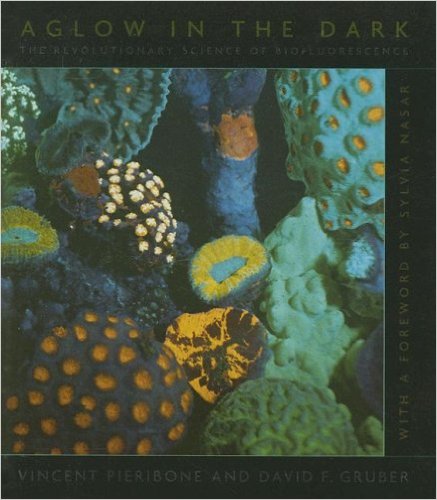














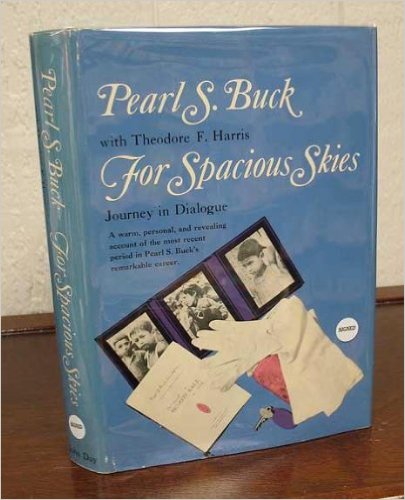





































































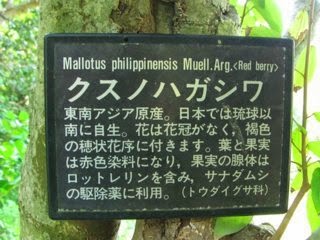








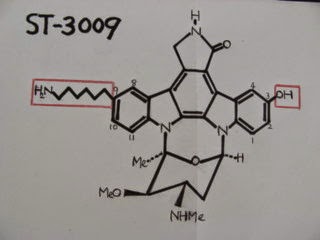







































![アルニカ [ウサギ菊]](https://blogger.googleusercontent.com/img/b/R29vZ2xl/AVvXsEilqv0qou-4NpoUh1PFWYK0FSaozKazee0VYGxsFtfjBma46ya9yxqB6X9Ziuob25tNRpBbnFIcUFlOEjz1WcAjVNzjGl1E-QbDgE7VOLkjZDx0eplJ1WJHf0fTEWXxf8F5G-cHUhqHELY9/s1600/ArnicaS.jpg)


















































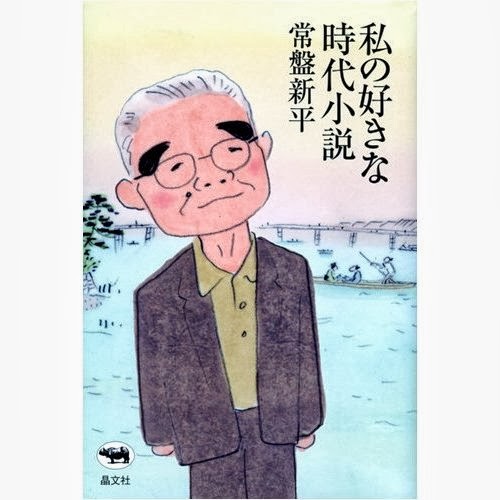










































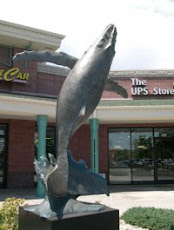










































.jpg)





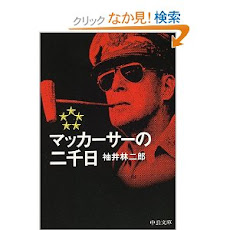

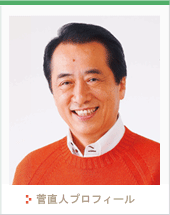







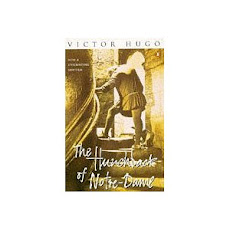
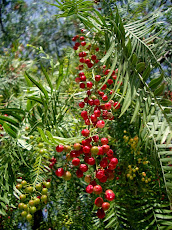




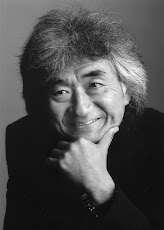

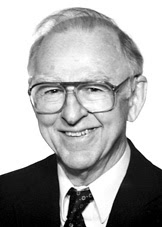








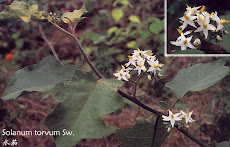


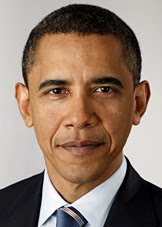




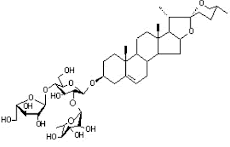
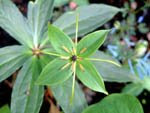
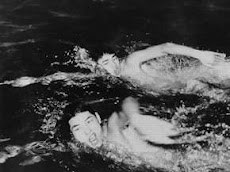
















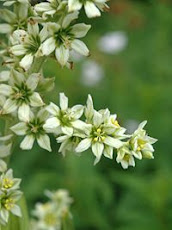





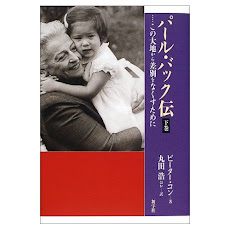


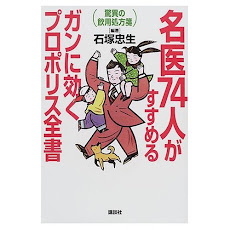



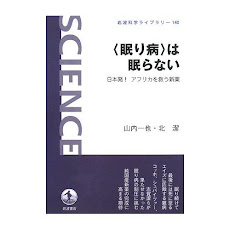





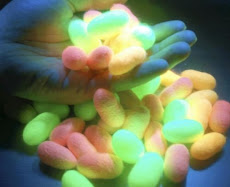
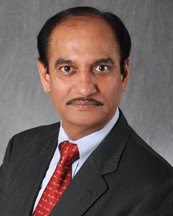





.jpg)

